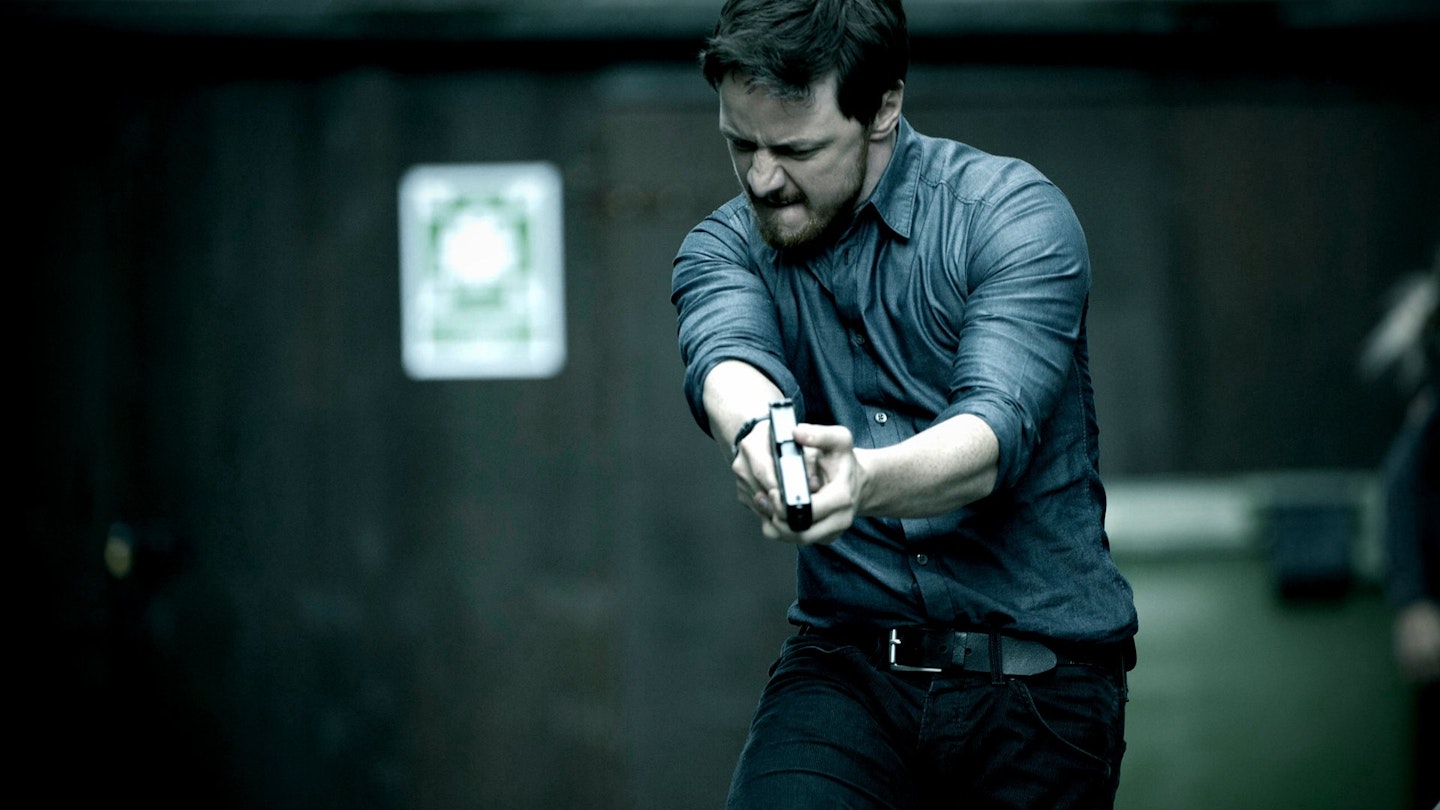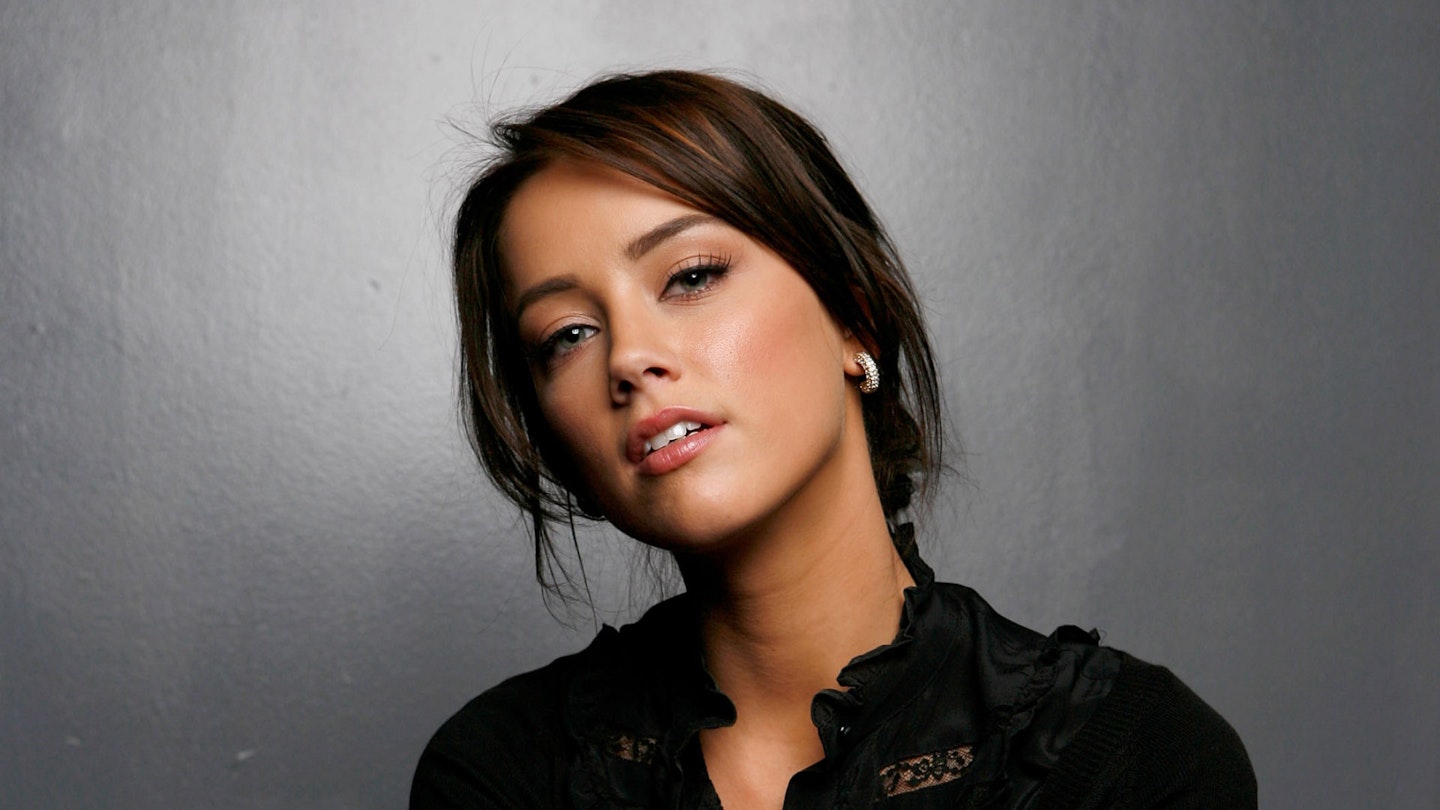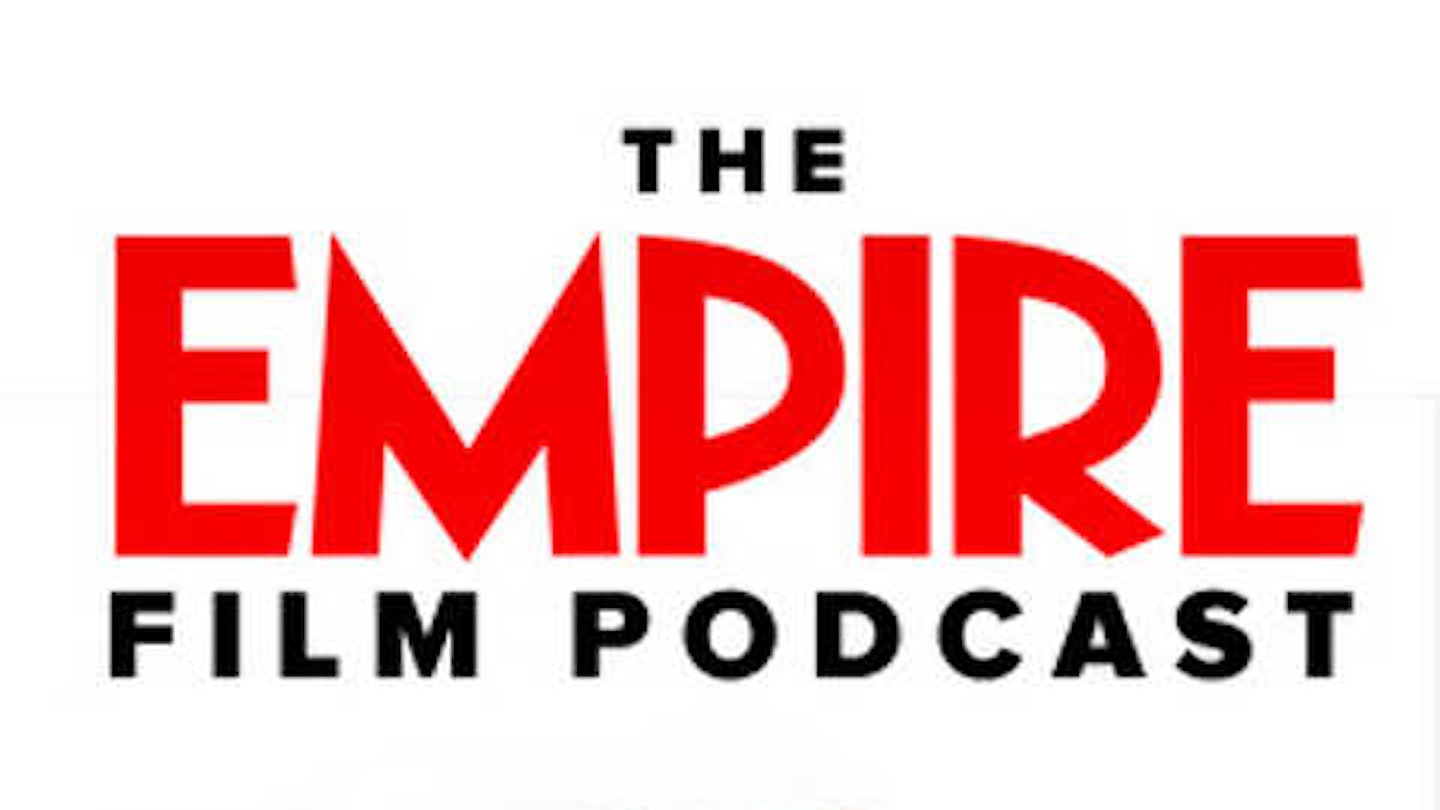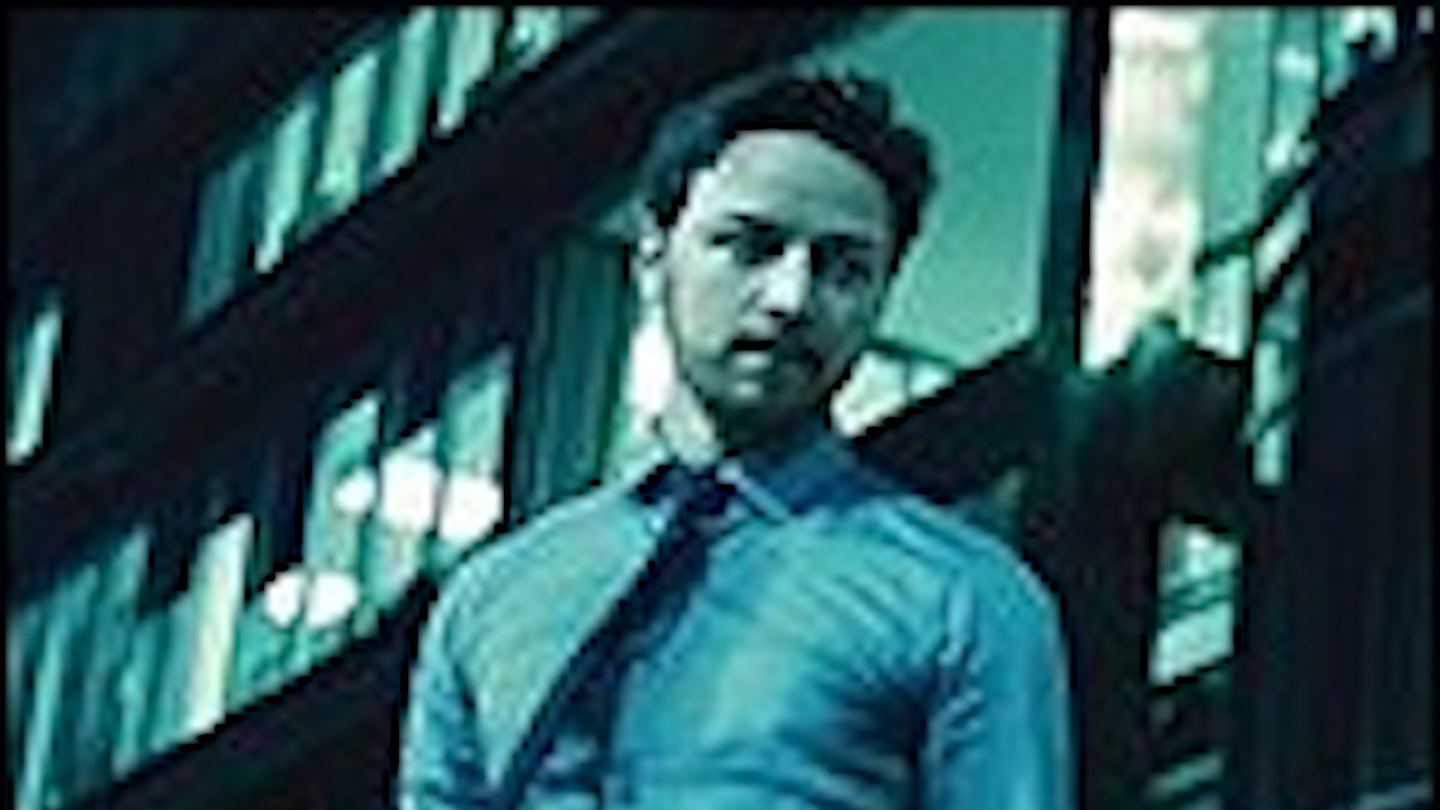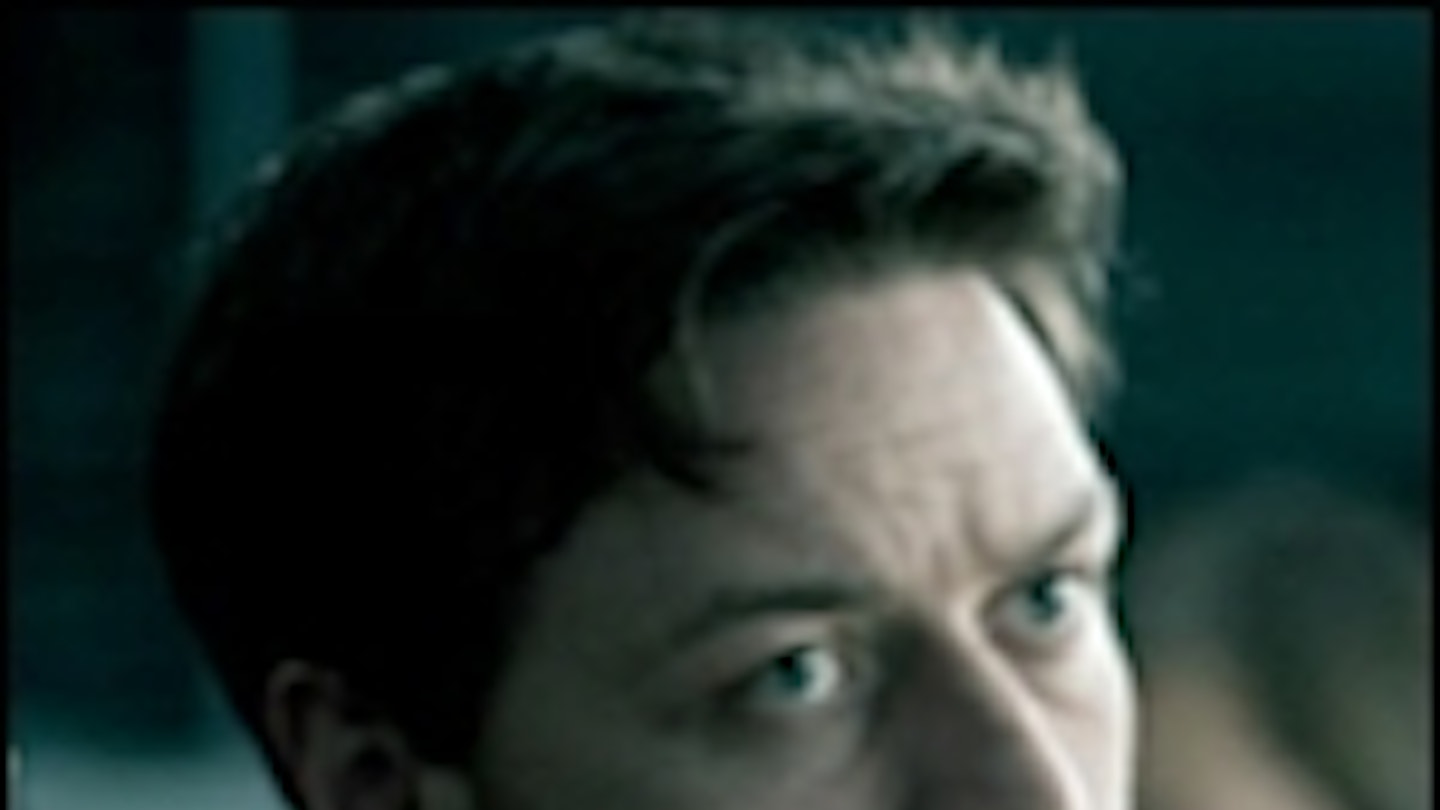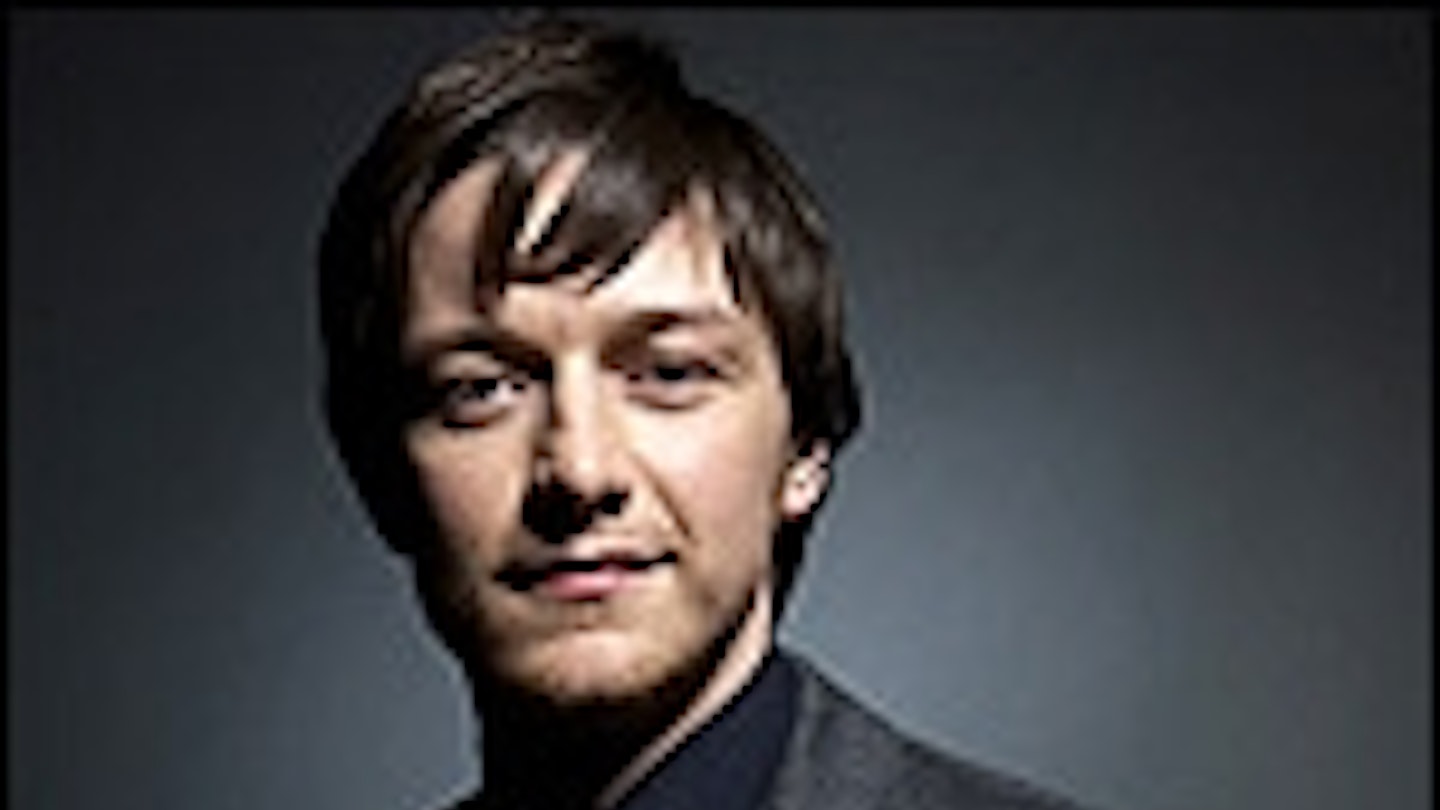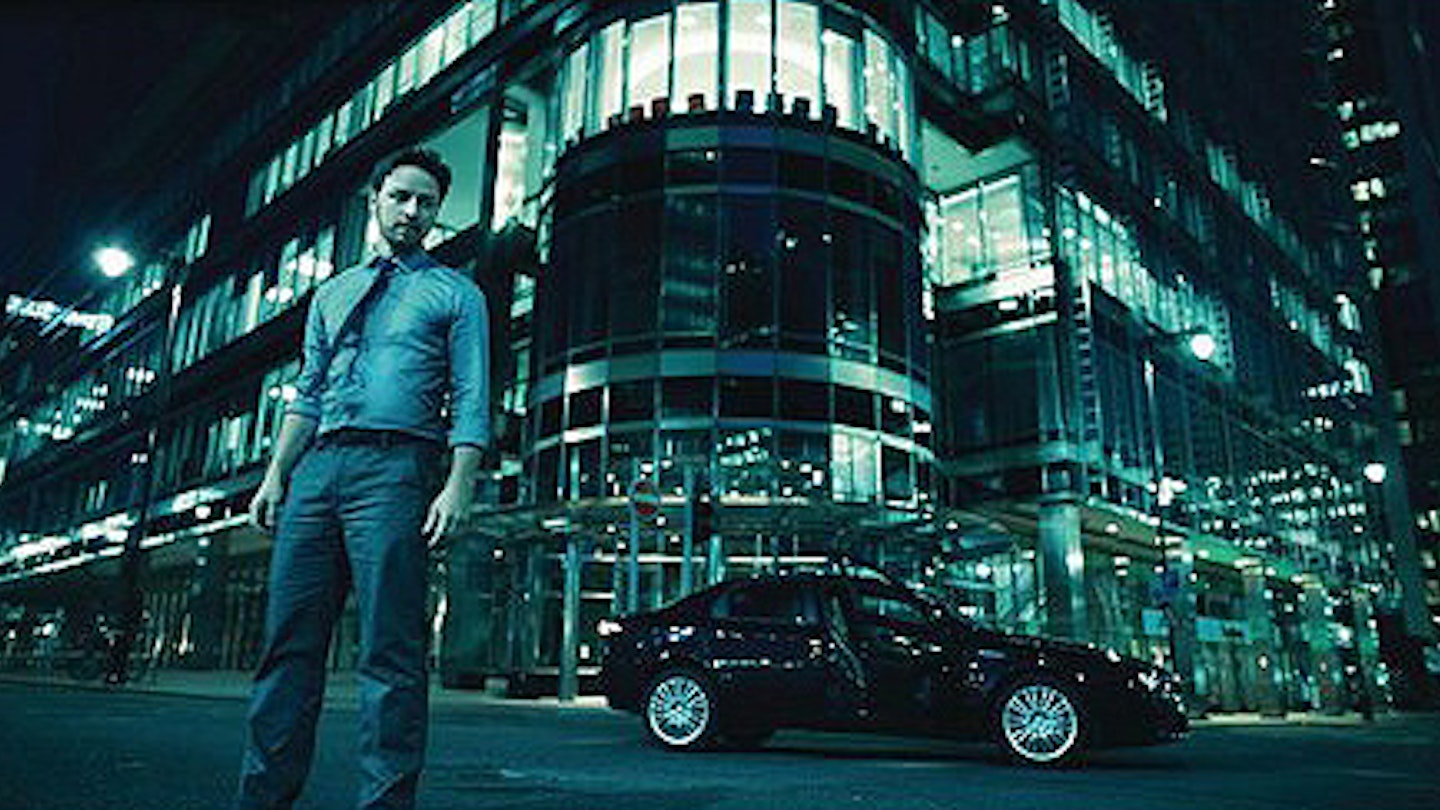No-one would have blamed writer-director Eran Creevy if he’d stayed in the same suburban council-estate groove of his 2008 debut Shifty. Instead, with Welcome To The Punch, he’s boldly moved to The Big City (London, stylistically via Los Angeles and Hong Kong), ambitiously upscaled (with none other than Sir Ridley Scott as his mentor) and delivered a boisterous, unashamed and affectionate pastiche of the cops-and-robbers action thriller.
It’s to Creevy’s credit that, despite the change of direction and elevation of style, he’s refused to snap his roots. So Punch is firmly British, from the setting to the locations to the performers. No stunt-American casting here. It is a quality ensemble: James McAvoy playing against type as dogged, tightly wound police detective Max Lewinsky; Mark Strong playing to his strengths as career criminal Jacob Sternwood; Andrea Riseborough as Max’s tough-cored but supportive partner; David Morrissey doing the dour boss thing; and Johnny Harris putting his terrifying, pebbly glare to terrific use as a twitchy assassin. Elsewhere you’ll spot such stalwarts as Peter Mullan and Ruth Sheen, plus Shifty alumni Daniel Mays and Jason Flemyng. A more proficient and charismatic cast than you’ll find in most Hollywood offerings of the same order.
Yet there’s something about Welcome To The Punch that doesn’t quite land like you feel it should. McAvoy is offbeat casting for a gritty copper; the slimness of his frame and the boyishness of his features are only emphasised in the scenes where he goes eyeball-to-eyeball with the ever-imposing Strong. But that is not so much the problem. It’s more that the film is just so relentlessly, ruthlessly plot-driven. It’s as if its sheer, twisting velocity causes it to shed weight. While there’s welcome moral ambiguity and a constant shifting of sympathies, there are too few breathers for us to settle down with these intriguing characters and feel a bit of their respective backstories. It’s not like the audience needs to be told or shown every last aspect of Max’s home life, or his history with Riseborough’s Sarah, or Jacob’s relationship with his ill-fated son. But we’re left feeling like we’re watching, ultimately, a collision of (admittedly well-groomed) archetypes, rather than a clash of characters in which we’ve fully invested.
It’s a shame, given Creevy’s attention to nuance in Shifty. But Punch does supply a palliative: sheer panache. London has never looked so shimmeringly gorgeous on screen, Creevy washing it in Michael Mann blue and dry-brushing it with gunmetal. The city is evocatively lit (by Shifty director of photography Ed Wild) and immaculately location-managed. It is presented as almost otherworldly, or rather, future-worldly. Visually, Punch is borderline sci-fi; an ordnance-choked, post-austerity Britain. The action, too, is slickly impressive. Creevy proudly revels in his numerous influences, toying with, although never deviating from, kinetic-thriller formula. One darkly amusing set-piece puts John Woo slo-mo gunplay amid the chintz of a granny-flat living room. The opening post-heist chase sends motorbikes thundering down subterranean, arched tunnels in a sequence that feels like Bourne crashed Skyfall. And, appropriately for the Canary Wharf-centred setting, it all ultimately goes down at the docks in a furious, incendiary flurry. If Welcome To The Punch lacks Shifty’s heart and soul, it at least benefits from a better physique than many of its modern American cousins.
